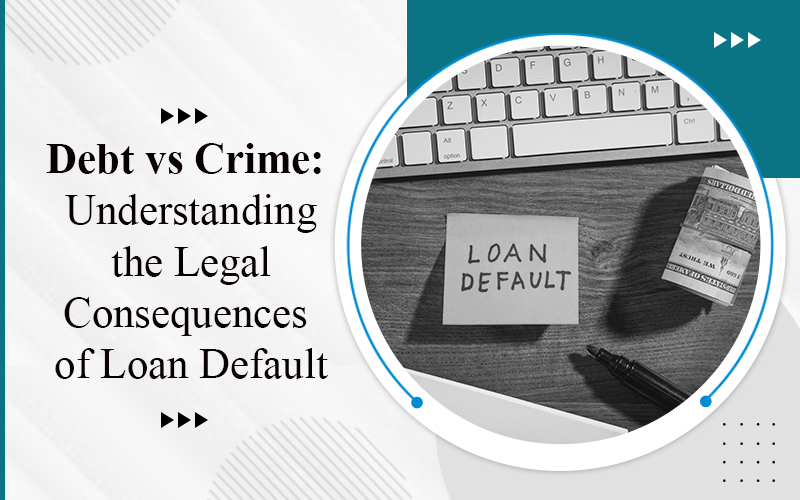About Quashing of FIR
Quashing of F.I.R. (F.I.R.st Information Report) refers to the process of nullifying or setting aside an F.I.R. filed with the police. Quashing it means that the charges or allegations mentioned in the F.I.R. are dismissed or declared void by a competent court. The quashing of an F.I.R. is typically done under the provisions of Section 482 of the Code of Criminal Procedure (CrPC).
Jurisdiction
The High Court, within whose jurisdiction the case falls, has the authority to quash an F.I.R. The court reviews the F.I.R., evidence on record, and submissions made by the parties before making a decision.
Nature and scope
The power to quash an F.I.R. is discretionary and is exercised by the court based on the facts and circumstances of each case. The court considers factors such as the merit of the allegations, lack of prima facie evidence, compromise between the parties, abuse of the legal process, or the presence of extraordinary circumstances. It is typically done at an early stage of the criminal proceedings, before the trial begins. However, in exceptional cases, an F.I.R. can be quashed even during the trial if it is found to be oppressive, vexatious, or an abuse of the court’s process.
Grounds
- Lack of Prima Facie Case: If there is insufficient evidence or material to establish a prima facie case against the accused, the court may consider quashing the F.I.R.. The absence of credible evidence or a lack of substance in the allegations can be a valid ground for seeking quashing.
- False or Frivolous Allegations: When the F.I.R. is found to be based on false or frivolous allegations, and it is apparent that the complaint has been made with mala fide intent or ulterior motives, the court may quash the F.I.R.. The mere presence of discrepancies or contradictions in the allegations may not be sufficient unless they are substantial and go to the root of the case.
- Settlement or Compromise: If the parties involved in the case have reached a settlement or compromise, and there is no public interest in pursuing the matter further, the court may consider quashing the F.I.R.. However, in certain cases involving serious offenses, the court may evaluate the genuineness and legality of the settlement before quashing the F.I.R..
- Abuse of the Legal Process: If the court finds that the F.I.R. has been filed as a result of an abuse of the legal process, vexatiously, or with the intention of harassing the accused, it may quash the F.I.R.. An F.I.R. filed with an ulterior motive or to pressurize the accused can be considered an abuse of the legal process.
- Violation of Legal Rights: If the F.I.R. is lodged in violation of a person’s fundamental rights, such as freedom of speech or expression, right to privacy, or any other constitutional protection, the court may consider quashing the F.I.R..
- Compelling Circumstances: In exceptional circumstances where the continuation of the legal proceedings would cause extreme hardship or grave injustice to the accused, the court may quash the F.I.R..
Effect of Quashing
When an F.I.R. is quashed, it is considered as if the F.I.R. was never filed, and the charges mentioned in it are deemed to be non-existent. However, quashing an F.I.R. does not prevent the police from initiating fresh investigation or filing a charge sheet based on new evidence or a different perspective.
Landmark cases
- State of Haryana v. Bhajan Lal (1992): This case is considered a landmark judgment on the quashing of F.I.R.s. The Supreme Court laid down guidelines for exercising the inherent power of the High Court to quash an F.I.R. under Section 482 of the Code of Criminal Procedure. The court emphasized that the power of quashing should be exercised sparingly and only in cases where there is abuse of process of law or where the allegations are clearly false or frivolous.
- Lalita Kumari v. Government of Uttar Pradesh (2014): In this case, the Supreme Court held that registration of an F.I.R. is mandatory when a cognizable offense is alleged. However, the court also recognized the power of the High Court to quash an F.I.R. under appropriate circumstances where no cognizable offense is disclosed or where the allegations are manifestly absurd, inherently improbable, or motivated by personal vendetta.
- State of Karnataka v. L. Muniswamy (1977): This case highlighted that the power to quash an F.I.R. can be exercised by the High Court under Section 482 of the CrPC, even when the allegations in the F.I.R. disclose the commission of a cognizable offense. The court held that the High Court can intervene to prevent abuse of the process of the court or to secure the ends of justice.
- Satish Mehra v. State of NCT of Delhi (2013): In this case, the Delhi High Court quashed an F.I.R. lodged against a person on the grounds that the allegations made in the F.I.R. were vague, general, and lacked any specific details. The court emphasized the importance of ensuring that F.I.R.s are not used as a tool of harassment or to settle personal scores.
- Manju Ram Kalita v. State of Assam (2020): In this case, the Supreme Court quashed an F.I.R. on the basis that it was filed with mala fide intent and lacked credibility. The court reiterated that F.I.R.s cannot be used as instruments for settling personal or political scores and that the power to quash should be exercised when the allegations are manifestly false, frivolous, or vexatious.
Conclusion
The decision to quash an F.I.R. rests with the court, and it is made on a case-by-case basis after careful examination of the facts, evidence, and legal arguments presented. The object behind the quashing of an F.I.R. is to strike a balance between the interests of justice, protection of individual rights, and the efficient administration of the legal system, and the power is exercised by the courts in exceptional circumstances, ensuring that the criminal justice process is fair, just, and equitable.





One Response
This post has really impressed me! I’m eager to learn more about the quashing-of-f-i-r because your insights into it have piqued my interest. This article demonstrates your obvious dedication to research and writing. Much thanks to you for being so liberal in sharing your abundance of information and mastery!